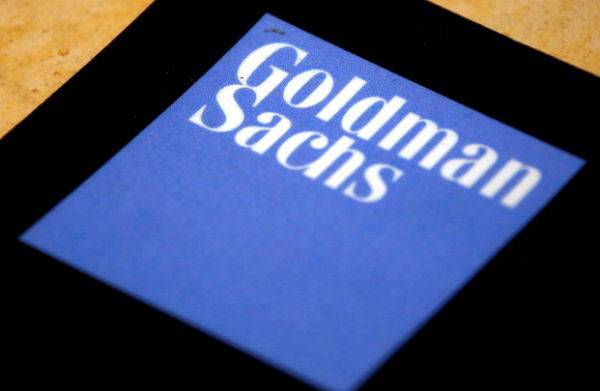Join Our Telegram channel to stay up to date on breaking news coverage
The recent gains in Bitcoin and the wider crypto market have shown that there is a future for digital currencies and that they could be the preferred way in which commerce is conducted.
This year, Bitcoin gained acceptance as a means of payment at Tesla, the leading electric car manufacturing company. However, this breakthrough turned out to be a false dawn. Within weeks of the decision Tesla’s CEO Elon Musk did a u-turn, citing concerns over the impact of Bitcoin mining on the environment.
It was never reported how many people actually used bitcoin to buy a Tesla. It is precisely these difficulties with bitcoin as a means of payment that has spurred on central banks to fill the void by leveraging the benefits of digital currencies while eradicating the downside of extreme price volatility.
Limitations of Bitcoin is digital fiats’ opportunity
The crypto market has expanded, and now it is not just about Bitcoin and cryptocurrencies. Governments are looking into blockchain technology and how they can leverage it to transform the economy.
One of the greatest limitations of Bitcoin and other cryptocurrencies is that they are hard to regulate precisely because they are decentralised. Also, the anonymity associated with blockchain-based value transfer and the volatility of cryptocurrencies adds to the difficulties from the point of view of governments. However, one of the ways for governments to leverage blockchain and is through ‘private’ (permissioned) blockchains with digital fiat built on top.
Another limitation of Bitcoin is its Proof of Work (PoW) framework. This mechanism poses a great risk to the environment because it consumes high levels of energy. Bitcoin’s devastating effects on the environment may to be solved through a shift to renewable energy sources, but this is yet to happen.
Digital fiat will not be launched as public blockchains (some may not even be on blockchains), and are unlikely to include a mining mechanism and therefore will not have the energy consumption issues of Bitcoin. This is one of the factors that will give digital fiat an edge over Bitcoin.
Race is on to launch CBDCs
Digital fiat, also known as a Central Bank Digital Currency (CBDC), is a digital currency developed, controlled, and managed by the government. These tokens are believed to appeal more to users because they will offer more protection to investors than cryptocurrencies because their value will be legged to the non-digital fiat, thereby removing volatility risk seen with crypto.
CBDCs are moving from just being experiments and pilots to becoming a reality. Many countries have started creating CBDCs, and some are even in the final phases of development. This shows that the launch of digital fiat may happen very soon.
China is taking the lead in launching digital fiat. The country may be launching a digital yuan at the Winter Olympics if rumours are to be believed. Large-scale trials have already been conducted and when it does launch it is expected to make waves in the global economy.
The digital yuan could one day overtake the dollar in economic dominance as it competes for acceptance as reserve currency. If the digital yuan assists the ‘internationalisation’ of the currency, then it could pose a threat to Bitcoin and the crypto market as well as the US dollar.
CBDC pros and cons for consumers, companies and governments
Digital fiat could become popular with consumers as it would displace banking intermediaries and reduce costs. However the other side of the equation is that it would represent an invasion of privacy, because the central bank would know about all of your transactions. It is this level of control that is thought to be one of the major attractions of CDBCs for the Chinese government.
More generally central banks in general see the benefits of being able to directly program money and use that to implement monetary policies and track progress in realtime.
However, with those benefits might come unforeseen consequences, and that explains why central banks are moving relatively cautiously.
In effect a CBDC could mean that each taxpayer has an account at the central bank. If that were the case, then it would at a stroke destroy the businesses of commercial banks and many other financial intermediaries.
Get Free Crypto Signals – 82% Win Rate!
3 Free Crypto Signals Every Week – Full Technical Analysis
Join Our Telegram channel to stay up to date on breaking news coverage


